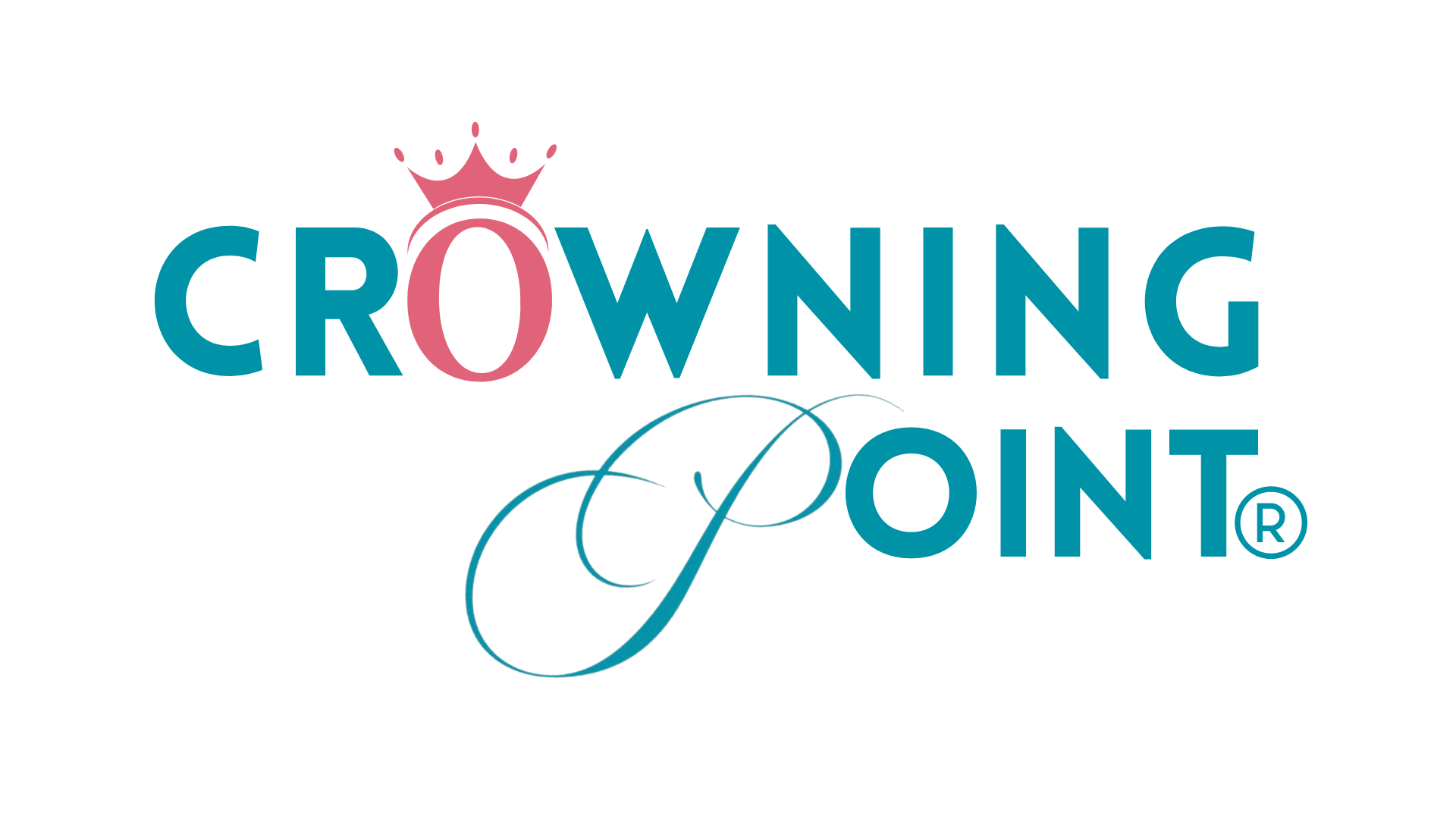MENTORSHIP
A mentorship is a relationship between two people where the individual with more experience, knowledge, and connections (mentor) passes along what they have learned to a more junior individual within a certain field (mentee).
I have been blessed to have been both a mentor and mentee throughout my career. I have had some wonderful experiences and some truly not good experiences. Here is what I learned in my experiences about mentorship.
*Mentorship is not to be entered into lightly. The practice of mentorship is a relationship. Mentorship, whether you are the mentee or the mentor, involves time, teaching, facing challenges, being vulnerable, and being willing to learn and grow. Commitment of time and energy is needed. Commitment to honesty, check- ins, respecting the agreed upon meeting time and goals set. Committing fully to the relationship helps to keep the agenda of meeting focused to achieve the goals in the termed period. A year’s worth of meetings can fly by in the blink of an eye! This relationship is a special opportunity that should not be wasted.
My most positive mentorship experience was with an “elder” healer who was genuinely interested in me and despite my many naive questions she honored and respected my mentee process. She was always willing to be a supportive witness and guide to that process. She also was willing to listen, openly acknowledge when she did not know something, and when my journey presented a novel experience to her, explore her own process. The experience left me with confidence in addressing the unknowns and to trust in my own abilities and truths. During her last days she communicated to me that she was honored to have passed on her healing ways and blessed to know I would continue in The Traditions. This truly was a relationship in which we both benefited. This is the ideal outcome of the practice of mentorship. It is a two-way process. If it works the way it is meant to, both the mentor and mentee will benefit from the experience.
*The mentor-mentee relationship is characterized by sharing on both ends with an exchange of trust and honesty. Its focus goes beyond learning specific competencies or tasks and builds a climate of trust so the mentee can feel secure to seek advice on issues impacting their professional success. If this dynamic is not upheld there is a risk for things going askew.
I had this unfortunate experience. I took a concern on how to best address inappropriate remarks from a coworker to my mentor. Before the day was over, upper administration had communicated to me that they were investigating my claims of sexual harassment! I was stunned. I had taken my concerns to my mentor to try to deal with this with a conversation with my coworker before filing any formal complaint. In the end, I did not have my mentor’s full support, much less guidance. I felt not heard, threatened, and betrayed. When my coworker was found to have indeed engaged in sexual harassment towards me, my mentor blamed me! There was no way to repair the damage to the mentor-mentee relationship. Although this is an extreme example, it does show how trust and honesty are necessary in the practice of mentorship. My mentorship relationship would have been different had my mentor communicated honestly with me about his actions to launch an investigation. It would have promoted trust. While some outcomes may not have changed, the mentorship relationship may have been able to successfully manage muddy waters and render a strong positive experience.
*There are stages of relationship development in mentorship. Each mentor-mentee relationship starts with a mutual connection. Each mentor-mentee relationship goes through stages; beginning, building, testing, and transition. Since there are different people, styles, and goals, mentor-mentee relationship will look different. Different people will require different approaches to grow. The stages are the same although they may look different for each relationship. In my less than positive mentorship experience, we did not navigate the testing phase well because where I thought there was trust, there was not.
*The mentor-mentee relationship differs from ordinary friendship. It is termed and asymmetrical. There is a time limit to your mentorship relationship with goals and objectives. It may last one or two years. It is unlikely to span a decade or a lifetime. Any expectation that one person can provide all your career guidance for a prolonged period, just is not realistic. While the mentor-mentee relationship can be intensely personal and make the mentee feel special, the mentorship relationship is formally created and has purposefulness that friendships do not.
*A mentor can only take a mentee part of the way; the other half requires effort from the mentee. One of the biggest mistakes a mentee can make is to view themselves as passive recipients to what their mentor has to offer. Mentoring and being mentored requires taking an active role. Mentorship achieves its goals primarily by the mentor listening with empathy, sharing experiences, developing insight through reflection, and encouraging action. Then action must be taken by the mentee. This allows the mentee to move forward and grow. By both mentor and mentee actively participating, allowance for the relationship to complete its meaningful task is accomplished. This happens only when the mentor-mentee relationship is honored and not taken lightly.
At the core of mentorship practice is a relationship. It is this relationship that is the foundation of meaningful experiences, through dynamic exchanges. In it lies reciprocity, active involvement, and engagement of the mentee and mentor. The powerful opportunities within the mentorship relationship call for an inherent respect and honor of the mentorship process and those involved.
Many blessings to you! May your journey in 2022 be one that you honor and cherish,
Dr. Martha Spano

